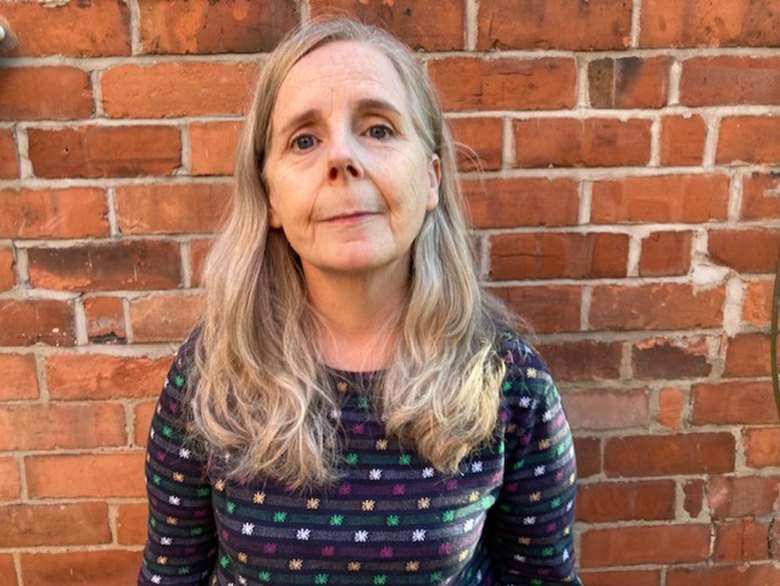Illegal Migration Bill: Peers must end risk of children being accommodated by Home Office
Carolyne Willow
Monday, July 3, 2023
Imagine the outcry if Home Secretary Suella Braverman was to be given the legal power to divert older people and disabled adults away from care homes into hotels run by her department.

What if she could legally force local authorities to transfer vulnerable adults in their care to the Home Office at the end of five working days?
Clauses 15 and 16 of the Illegal Migration Bill grant such powers to the Home Office – only it won’t be older and disabled adults who are affected but highly vulnerable children. In an unprecedented move, the Home Office wants charge of parts of our child welfare system, cutting across the Children Act 1989 and the longstanding role of local authorities to care for, nurture and protect children in their area who are without families. Remarkably, for such a major change to our child welfare system, there has been no green or white paper consultation. In the House of Lords today, Peers will debate several amendments crafted to reduce the risk to children, as well as amendments 88A and 89A tabled by Baroness Meacher which will remove the clauses altogether.
For two years, the Home Office has been housing in hotels children who have physically survived a terrifying small boat journey to the UK without any family member by their side. It has no statutory power to do this; the Children Act 1989 places the responsibility for looking after children without parental care squarely on local authorities. The only track record of accommodating desperately vulnerable children that the Home Office has to speak of is immigration detention. It lost powers to detain babies and children beyond 24 hours several years ago due to the gravity of harm though, outrageously, through Clause 10 of the Bill seeks to regain them.
In October 2022, the Home Office admitted that more than 200 children had gone missing from its hotels. That same month, David Neal, the independent chief inspector of borders and immigration, after inspecting four hotels then in use, declared: “This is not an area in which the Home Office should be operating”. The Home Office duly promised to work with the Department for Education and local authorities “to avoid the ongoing need for contingency accommodation as quickly as possible”.
Yet here we are, over eight months later, with provisions in a Bill that threaten to make permanent a so-called emergency arrangement. When it rejected the Independent Inquiry into Child Sexual Abuse’s recommendation that a cabinet minister for children be appointed, the government said it accepted “the importance of placing the best interests of the child front and centre in policy and decision making at the highest level of government” but then insisted that the education secretary fulfils this role. If this is to be believed, why is the Department for Education conspicuously silent on this child protection scandal that has been allowed to continue for two years, and will undoubtedly worsen if the Home Office expands its territory?
Following reports that children had been abducted from a Home Office hotel in Brighton and Hove my charity, with support from the Good Law Project, asked the Family Division of the High Court to make the children still missing from that hotel wards of court. The Home Office had no statutory responsibility for the children – it was not their ‘corporate parent’ – and the local authority had not exercised its duties to look after them under the Children Act 1989. Quite clearly, children were falling through our child welfare safety net. Mrs Justice Lieven refused our application because the Children Act 1989 protects such children: the High Court’s protective powers are intended to be used only when there is no legislation that can fulfil this function. Although deeply concerned about the safety of those who remain missing, we welcomed the court’s confirmation that child welfare legislation does not discriminate against unaccompanied children.
Two weeks later, Channel 4 news reported that Sussex Police had found missing children “who could have been exploited” on 17 occasions. And now the Home Office has admitted putting a nine-year child into a hotel, and states “quite a high proportion” of unaccompanied children in its hotels are aged 15 and under. During earlier debates in the House of Lords, Lord Coaker for Labour said of the Home Office’s treatment of unaccompanied children: “if the state was a physical parent, it would be prosecuted”. Liberal Democrat Peer Lord Scriven says he fears unaccompanied children will become “pawns on a chessboard” if the Home Secretary is empowered, through Clause 16, to take them from the care of local authorities.
Local authorities are not permitted to place the children they look after in hotels or other unregulated accommodation if they are aged 15 and under. Clause 15 empowers the Home Office to use any type of accommodation for any length of time for any age of child. In a debate in the Commons a few weeks ago, Brighton MP Caroline Lucas complained that “serious safeguarding questions have gone unanswered” and warned “the government’s plan to degrade children’s rights even further will increase the risks”.
In reply, Immigration Minister Robert Jenrick explained: “What I saw when I visited the hotel was security guards, social workers, and team leaders who previously worked for the police and the military all doing a superbly good job”. If this is the Home Office’s verdict on a scandalous state-of-affairs whereby it has taken charge of thousands of children who lack parental care without any statutory power to do so, how emboldened will it be should Clauses 15 and 16 survive?
Carolyne Willow is director of children’s rights charity Article 39.




